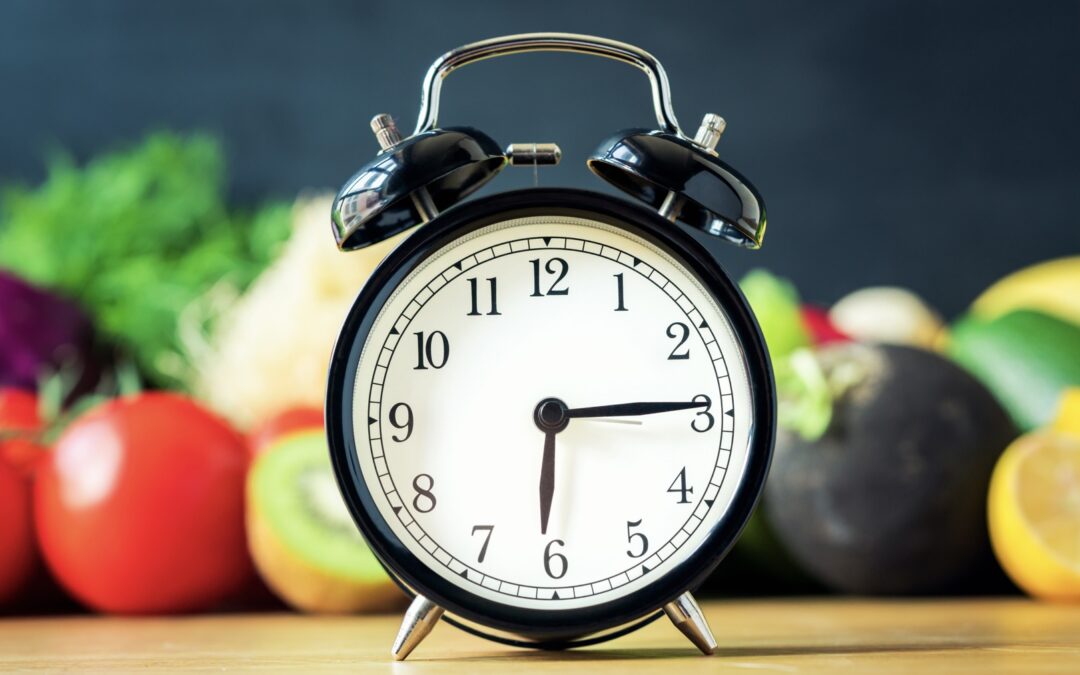Maintaining a healthy eating pattern involves more than just choosing nutritious foods; it also requires selecting options that keep you feeling satisfied and full for an extended period. By incorporating foods that are rich in fiber, protein, and healthy fats into your meals and snacks, you can curb cravings, avoid unnecessary snacking, and maintain a balanced approach to your diet. In this blog, we will explore the best foods to eat to stay full for longer and provide tips for incorporating them into your daily routine.
Whole Grains:
Whole grains are an excellent choice for promoting satiety due to their high fiber content. Fiber adds bulk to your meals, slows down digestion, and promotes feelings of fullness. Opt for whole grain options like quinoa, brown rice, oats, and whole wheat bread. These choices not only provide essential nutrients but also keep you satisfied for longer periods.
Legumes:
Legumes, such as lentils, chickpeas, and black beans, are a nutritional powerhouse. They are packed with fiber, protein, and complex carbohydrates, making them an ideal choice for satiety. Legumes also have a low glycemic index, which means they help regulate blood sugar levels.
Protein-Rich Foods:
Including protein-rich foods in your meals is a key strategy for staying full for longer. Protein takes longer to digest than carbohydrates, keeping you satisfied and reducing cravings. Opt for lean sources of protein like chicken, turkey, fish, tofu, Greek yogurt, eggs, and legumes. These options provide essential amino acids while keeping your hunger at bay.
Healthy Fats:
Healthy fats are an important component of a satiating diet. They slow down digestion, promote fullness, and provide a sense of satisfaction. Incorporate sources of healthy fats like avocados, nuts, seeds, olive oil, and fatty fish (such as salmon) into your meals. Adding a small portion of healthy fats to your plate can enhance the taste and increase satiety.
High-Fiber Fruits and Vegetables:
Fruits and vegetables that are high in fiber are excellent choices for staying full for longer. They add volume to your meals without adding excessive calories. Options like berries, apples, pears, leafy greens, broccoli, and Brussels sprouts are not only rich in fiber but also packed with vitamins, minerals, and antioxidants.
Water-Rich Foods:
Foods with high water content can help keep you satiated. They add volume to your meals without significantly increasing the calorie content. Incorporate water-rich foods like cucumbers, watermelon, oranges, and tomatoes into your diet. These foods hydrate your body and contribute to a feeling of fullness.
Tips for Incorporating Satiating Foods into Your Diet
Balanced Meals: Include a combination of protein, fiber-rich carbohydrates, healthy fats, and vegetables in each meal. This balance helps regulate blood sugar levels, promotes satiety, and provides sustained energy.
Snack Smart: Choose snacks that combine protein, fiber, and healthy fats. Examples include Greek yogurt with berries, a handful of nuts and seeds, or carrot sticks with hummus. These options keep you satisfied between meals.
Mindful Eating: Slow down and savor your meals. Pay attention to your hunger and fullness cues. Eating mindfully allows you to enjoy your food, recognize when you’re satisfied, and prevent overeating.
Meal Planning:Plan your meals and snacks in advance to ensure you have satiating options readily available. This practice can help you make healthier choices and avoid impulse eating.
Stay Hydrated: Drink an adequate amount of water throughout the day. Dehydration can sometimes be mistaken for hunger. Drinking water helps you stay hydrated and can prevent unnecessary snacking.
Choosing foods that promote satiety is an effective strategy for maintaining a healthy and balanced diet. Incorporating whole grains, legumes, protein-rich foods, healthy fats, high-fiber fruits and vegetables, and water-rich foods into your meals and snacks will help you stay fuller for longer. Experiment with different combinations and find the ones that work best for you. By prioritizing satiating foods, you can curb cravings, maintain a healthy weight, and support your overall well-being. Check out our website to learn more about the nutrition services that we offer.



Recent Comments